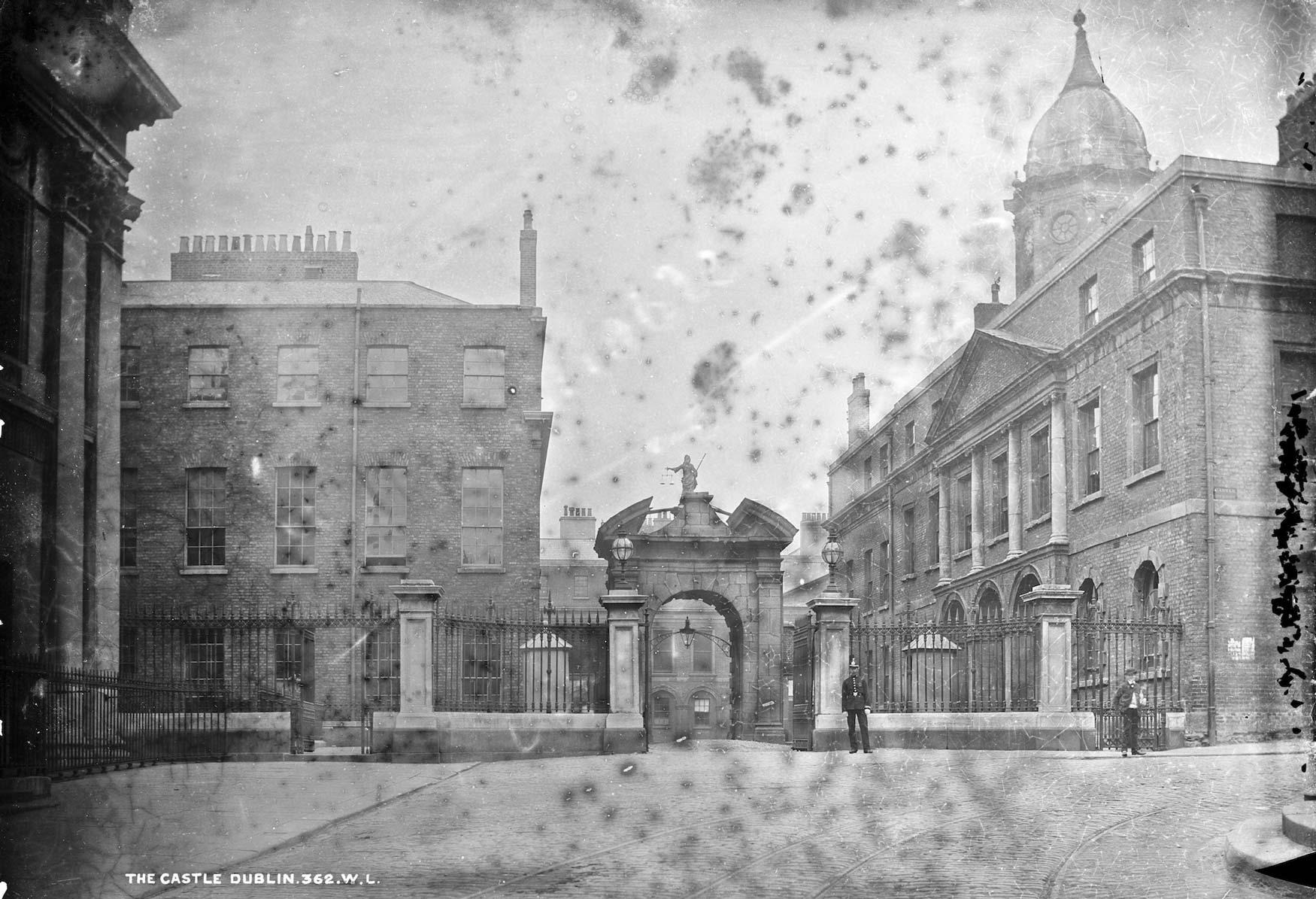New government of Ireland appointed
Duke and Wimborne out, Shortt and French in
Dublin, 6 May 1918 - In a major overhaul in the government of Ireland, the appointment of a new Chief Secretary and a new Lord Lieutenant has been announced.
Edward Shortt, the 56 year-old Liberal MP for Newcastle-on-Tyne, has accepted an offer to take up the Chief Secretaryship, replacing Henry Edward Duke, who took the reins in the summer of 1916, in the aftermath of the Easter Rising that year.
The Manchester Guardian reports that Duke’s resignation and departure has most likely resulted from disappointment at the failure of the Convention and at the decision of the government to extend conscription to Ireland. He favoured the policy of conciliation, which the paper describes as having been ‘blown to the winds’. Mr Duke has now been appointed a Lord Justice of Appeal.
His replacement, Mr Shortt, has been a staunch supporter of Home Rule and enjoyed Irish and Labour support at the 1910 election – he is even said to possess some Irish ancestry.

|

|
A letter to the Chief Secretary from Lieut.- Colonel J.J. O'Sullivan applying for a job. Click here to enlarge and to view Col. O'Sullivan's CV (Image: National Archive of Ireland
Joining Shortt in Dublin, will be Field Marshal Viscount French who has been appointed Lord Lieutenant, and needs no introduction in Ireland.
The 66-year-old Kent-born has been a professional soldier all his adult life. He served in India and in the Boer War and was Inspector General of the British forces at the time of the so-called ‘Curragh Mutiny’ in 1914 when a number of officers stationed in the Curragh made it known that they would that they would not enforce a Home Rule Bill on Ulster if commanded.
Lord French was subsequently appointed chief of the Imperial General Staff and then commander of the British Expeditionary Force after the outbreak of the current international war. He resigned this post in late 1915 and since then has commanded the home forces.
The unionist Belfast Newsletter, describing the tenure of the outgoing Lord Lieutenant Lord Wimborne as unsuccessful, has stated that Viscount French will be welcomed if he ‘comes to Ireland determined to administer the law firmly and impartially’.
In contrast, the Cork Examiner has expressed caution at the appointment of a professional soldier to the highest position in the Irish administration, a role typically occupied by a civilian.
The paper has editorialised that it has given a ‘militarist touch to British rule in Ireland that suggests, if it does not precisely emulate, the methods of Prussia which the British Press likes to describe as Junkerdom’.
[Editor's note: This is an article from Century Ireland, a fortnightly online newspaper, written from the perspective of a journalist 100 years ago, based on news reports of the time.]





















